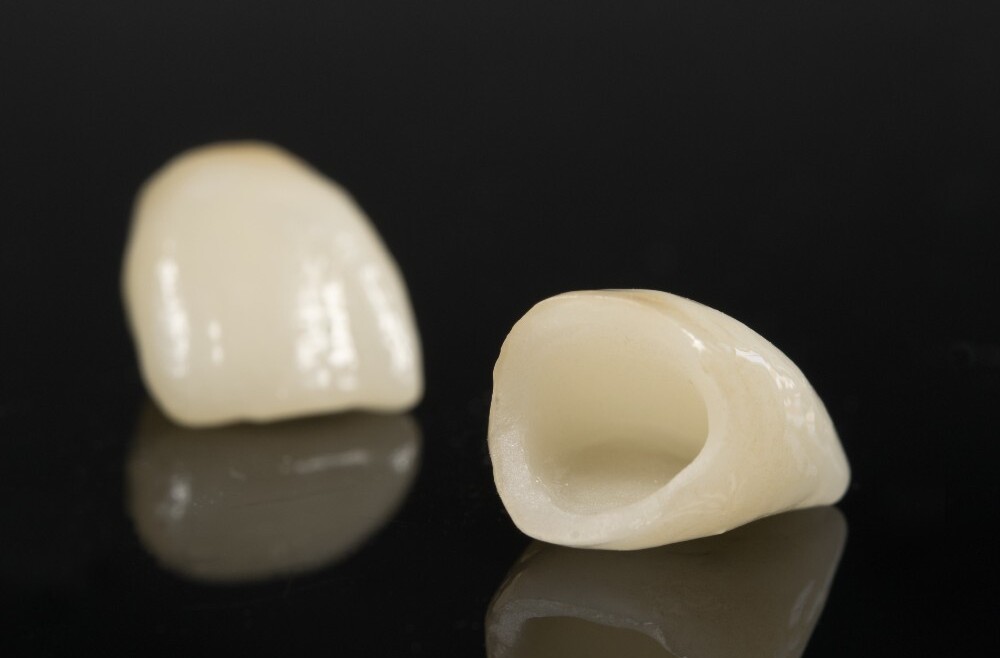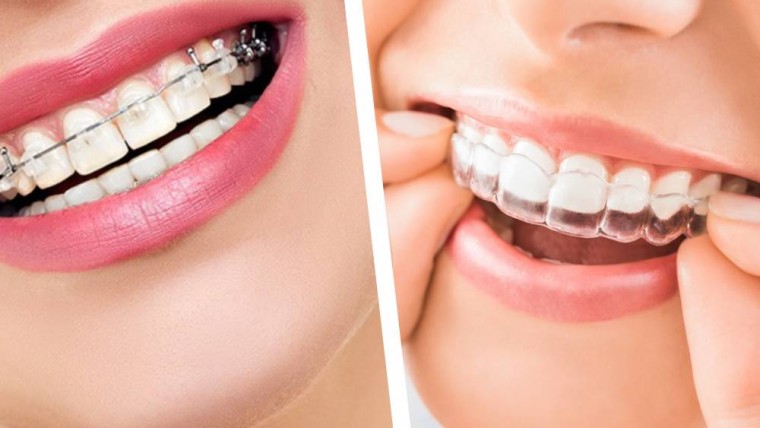Dental crowns are common restorative dental treatments used to repair and protect damaged or weakened teeth. They can help restore the appearance, strength, and function of a tooth that has been compromised due to various reasons. Here’s what you need to know about dental crowns:
What Are Dental Crowns?
A dental crown is a meticulously crafted, permanent restoration that resembles a tooth-shaped “cap.” This cap is carefully placed over a prepared natural tooth to enhance its form and function.
Once securely cemented into position, crowns provide comprehensive coverage to the entire visible part of the tooth, extending from and above the gum line. This not only fortifies the tooth but also ensures a seamless, natural appearance.
In addition to their use with natural teeth, crowns play a vital role in implant cases. They are employed to replace missing teeth, whether lost due to disease, decay, or an accident. In such instances, a dental implant, acting as an artificial root, is inserted into the jawbone to provide the necessary support and secure attachment for the crown. This is especially valuable when there is no existing natural tooth or root structure to fulfill this role.
Why is a dental crown needed?
Dental crowns serve a multifaceted purpose, addressing both function and aesthetics while safeguarding the integrity of your teeth.
Instances where a dental crown may be required include:
- Reinforcing Weakened Teeth: Crowns provide strength and protection to teeth that have been compromised, whether due to decay or cracks, preventing them from fracturing and maintaining their structural integrity.
- Replacing Old or Damaged Fillings: When an existing dental filling deteriorates or breaks, a crown is used as a reliable replacement to restore the tooth.
- Mending Broken Teeth: In cases where a tooth has already sustained damage, a crown is employed to repair and rebuild it, ensuring its continued functionality.
- Restoring Worn-Down Teeth: Teeth that have become worn down, often from grinding or other factors, are rejuvenated with the application of crowns, which reinstate their original length.
- Enhancing Large Fillings: When a tooth bears a substantial filling with limited natural structure remaining, crowns are instrumental in providing reinforcement and stability.
- Cosmetic Transformations: Crowns are employed to create cosmetic changes, such as closing gaps between teeth, reshaping, or repositioning them to improve their appearance.
- Bridges and Implants: Crowns play a pivotal role in supporting dental bridges and covering dental implants, thereby completing the restoration of a missing tooth.
- Post-Root Canal Therapy: After a root canal procedure, crowns are recommended to restore strength to the treated tooth, ensuring its longevity and functionality.
Notably, a dental crown not only elevates the visual appeal of the tooth but also guards against further wear and deterioration. Furthermore, the absence of a tooth can lead to adjacent teeth shifting, creating malocclusion and impacting dietary habits. It may also lead to jawbone and temporomandibular joint (TMJ) issues. To prevent these concerns, it is advisable to discuss tooth replacement options with your dentist, including implant and crown solutions, rather than leaving gaps in your dentition.




